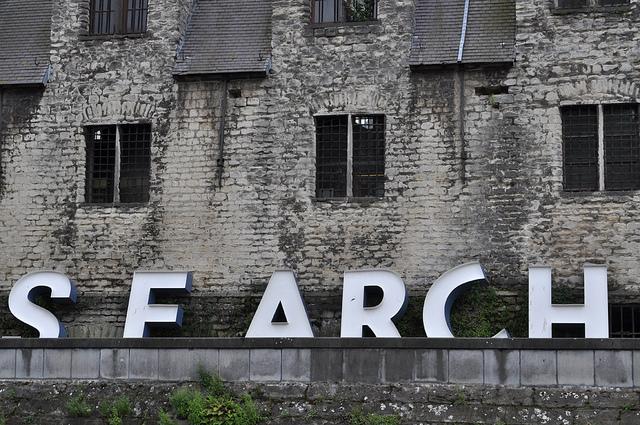Yesterday I posted about my opinion of how others share their opinions – namely about architecture. If you read it, you probably assumed there were personal reasons behind my own rant. True.
My way of dealing with critical issues – in this case architectural – is to ask questions.
In the past year, I’ve read many articles and positions about architecture, the state of our profession and the direction we’re headed both globally and more importantly in our own communities. Many of you probably choose to ignore the babble and just keep doing what you’re doing. I can respect that. Tune out the hype.
For me, I have to torture myself by engaging in a dialogue – often a debate – about the impact of architecture and what it can be, should be or shouldn’t be. Again, it’s opinion, but hopefully rooted in experience and some wisdom too. That distinguishes the weight of every statement. It can’t be simply you like what you like, I like what I like. That’s a stalemate and that will stagnate. Again, I suppose that too is…opinion.
So two days ago I scribbled down my stream-of-consciousness questions that seem to be important now in our profession; at least they are in my world. I’m sharing them today.
- Is our duty as architects solely to our clients?
- Can we simply be excused by stating I did what my client asked?
- How much do we listen to the public?
- How do we decide what to preserve?
- Are we building anything worth preserving in the future?
- Should regionalism prevail with more technology?
- Do all opinions carry the same weight?
- What is the appropriate vehicle for change?
- Will education save our profession? Save architecture?
- If people have more information, will they care more to make better choices?
- Is banality to be avoided?
- Why do so many accept mediocrity?
- Is there room for background building?
- Is there room for object buildings?
- Does the need for style kill the conversation?
- Should we be more concerned about how things work than look?
- Should architects design all buildings?
- Why don’t people care about the built environment?
- Who gets a voice? Who doesn’t?
- If I must set aside my ego, must my client also?
- Are contemporary buildings still considered modernism?
- Why are traditional styles preferred by the majority?
- Should architecture be shocking? Is it healthy?
- What part of our profession must remain – what part must change?
- At what point do I say no?
- What are the real questions I failed to ask?
Maybe 2015 will be revealing.
photo credit: Pleuntje via photopin cc



Sweet! My first 26 blog posts of 2015. 😛
Have at it.
I’ll take on #18.
People don’t care about the built environment because they can’t see it.
I see our build world all the time, even when I don’t want to.
I found that I am pretty good about speaking in English about buildings and land and space. I also know that I do not care about monuments; I connect with the vernacular.
My answer has been 1) to be the translator between the client and the builder – as well as the designer, the architect.
2) to write about buildings for the local newspaper – 225 columns so far. I also post (most of) the columns on-line and they get seen by many. People constantly tell me they never saw ‘that’ before. So I am educating.
3)to research why ‘old buildings’ resonate and write about this in English. My blog is where I publish this.
Many of the remarks by the opposing writers mentioned in your first post (Both articles I have read) are couched in architect-ese. I can’t even begin to speak to those ideas as I do not know what they think those words mean. I think many people use fancy words and phrases instead of thinking carefully.
Given time and a willing listener I could explain how old buildings do resonate with us – sentient beings on this planet – as new ones do not.
Well said Jane, Happy New Year.
[…] question was raised by Lee Calisti in one of his recent blog posts. And the question struck me as an important one and probably one that gets very little attention […]